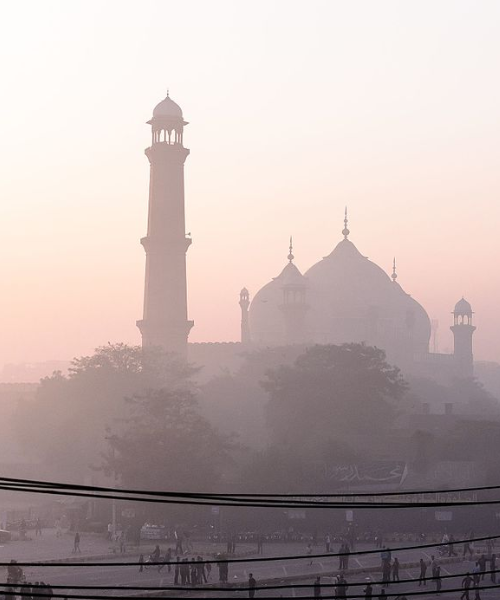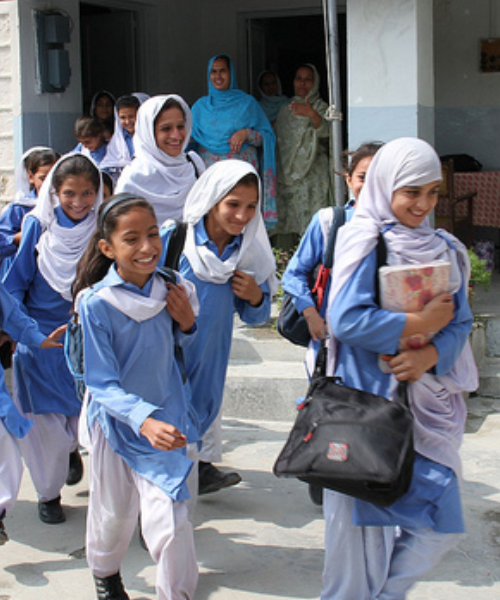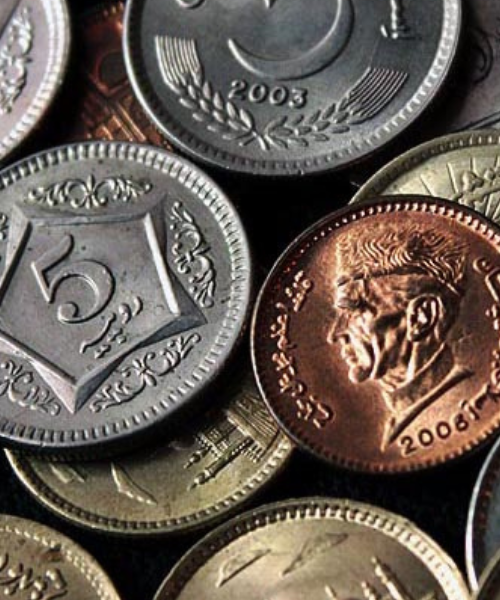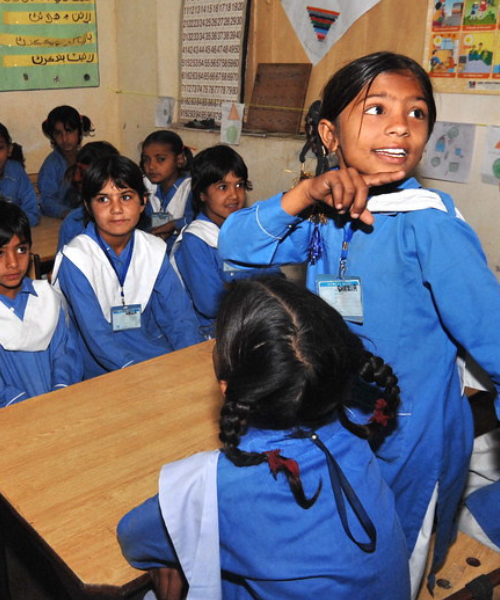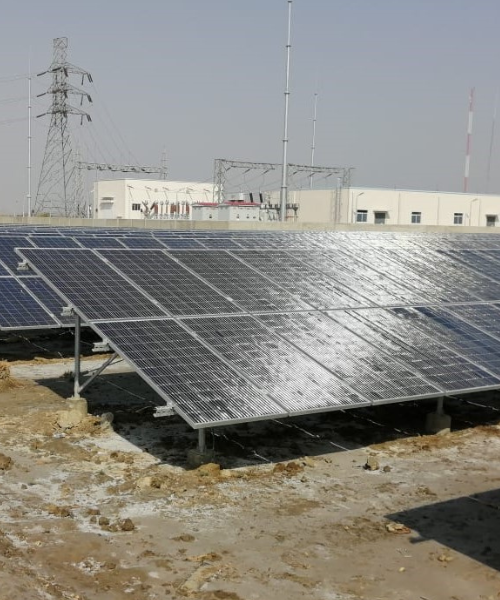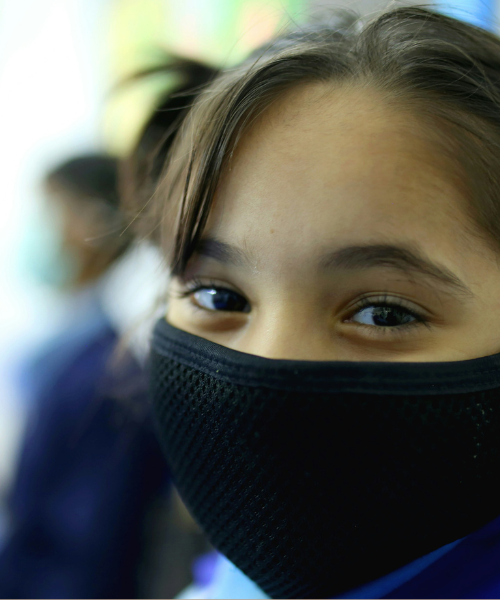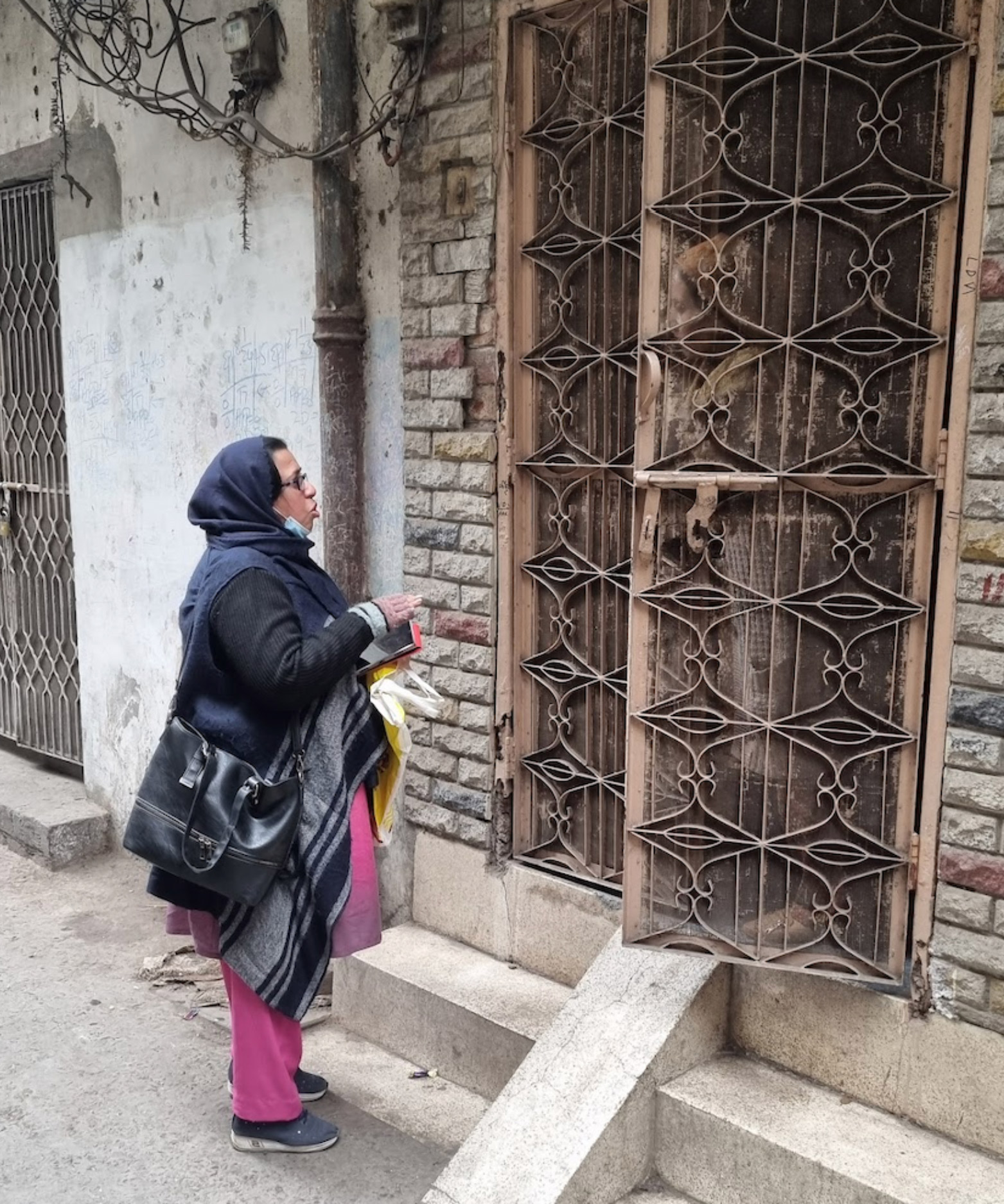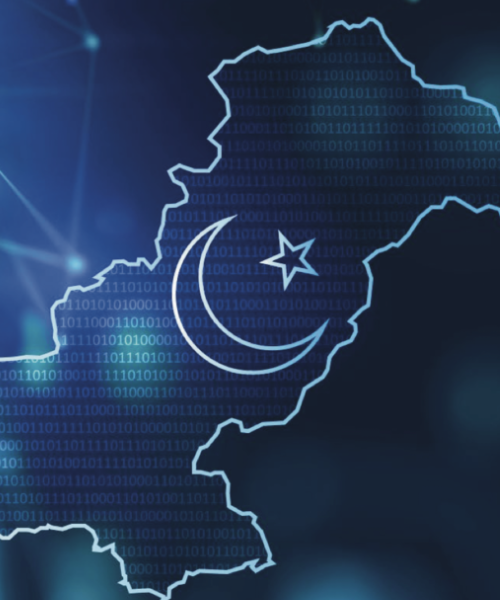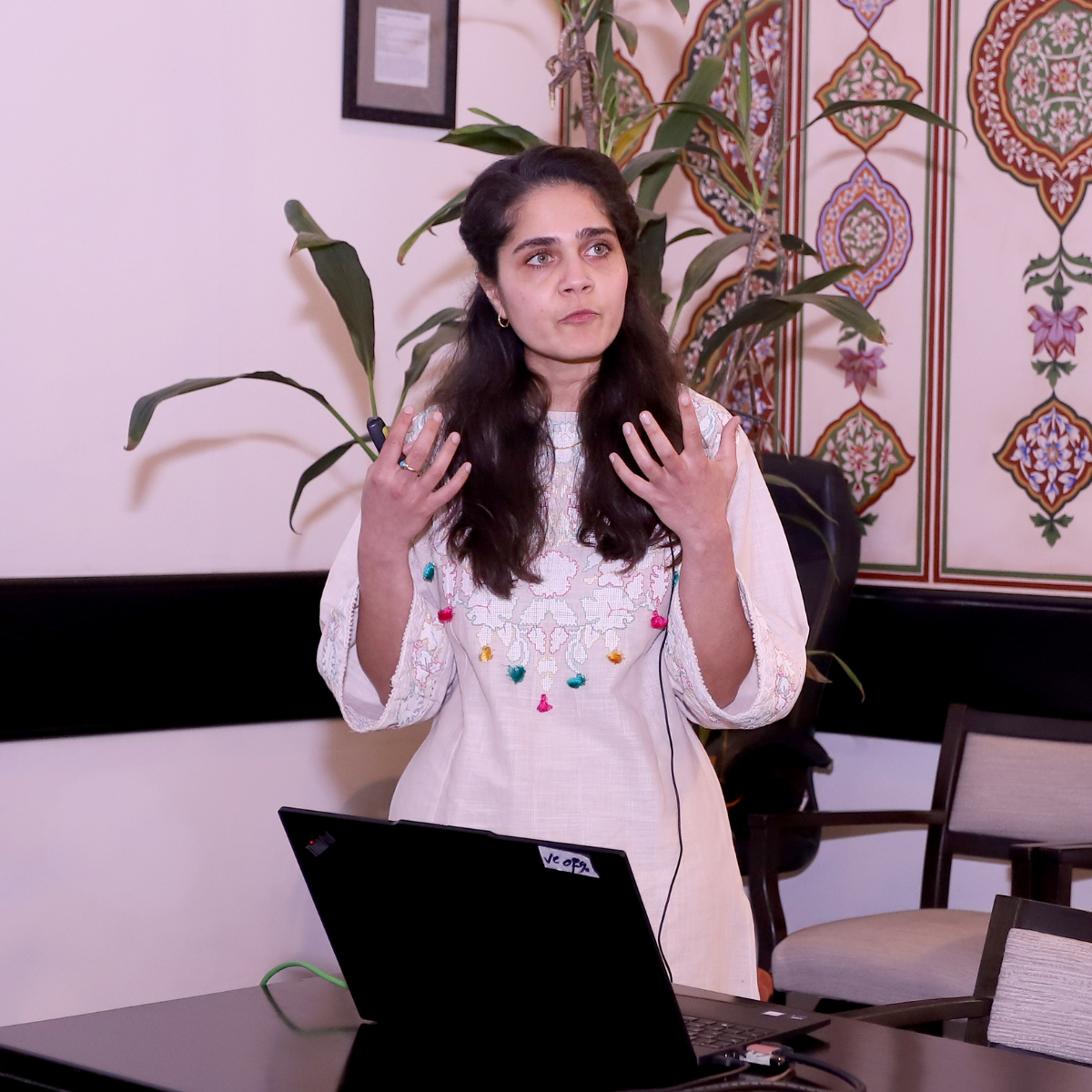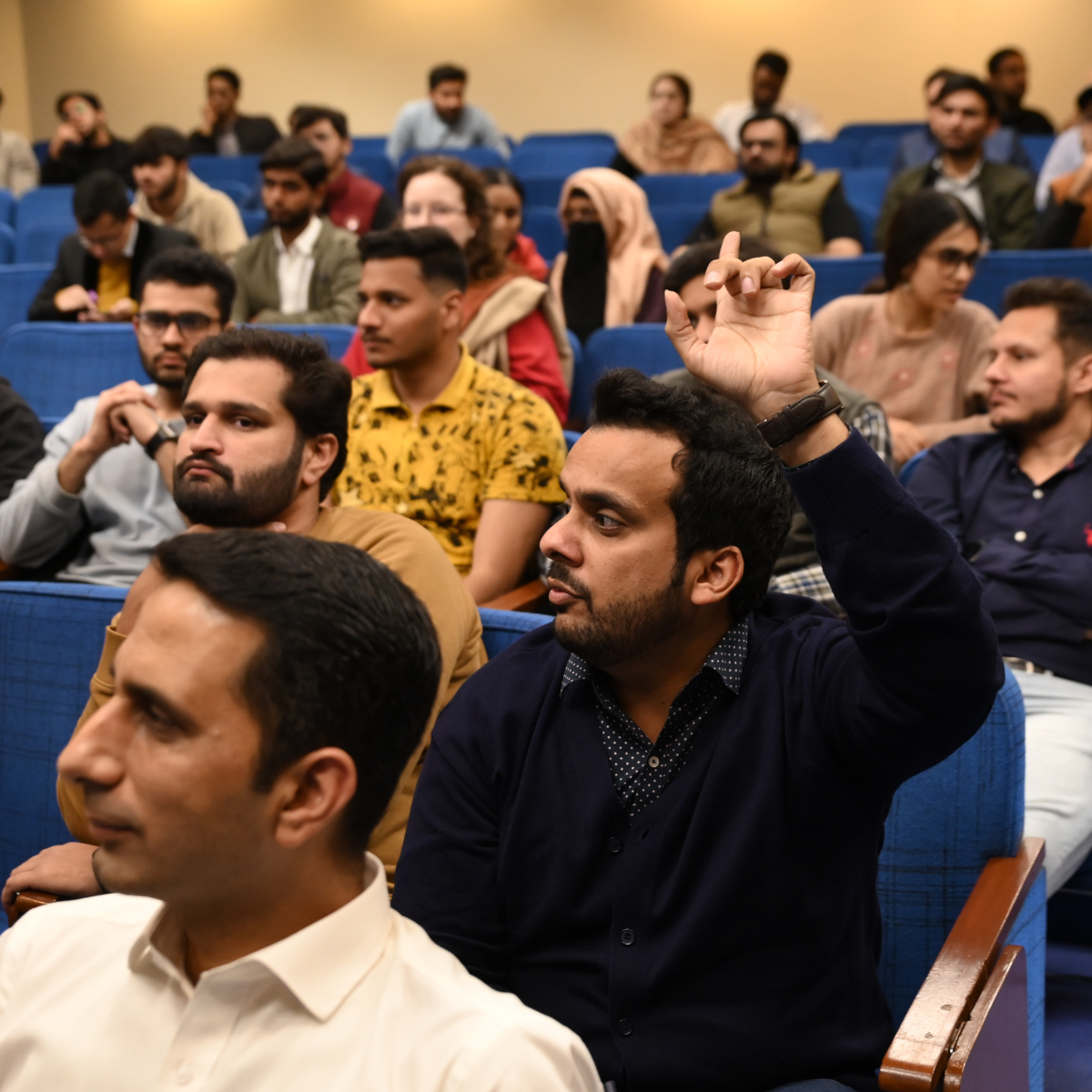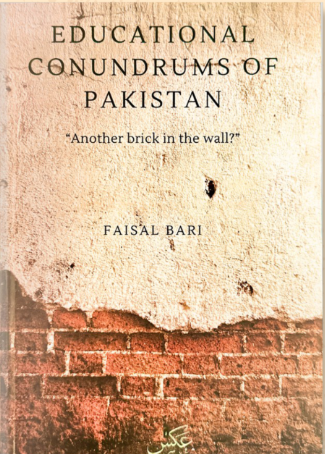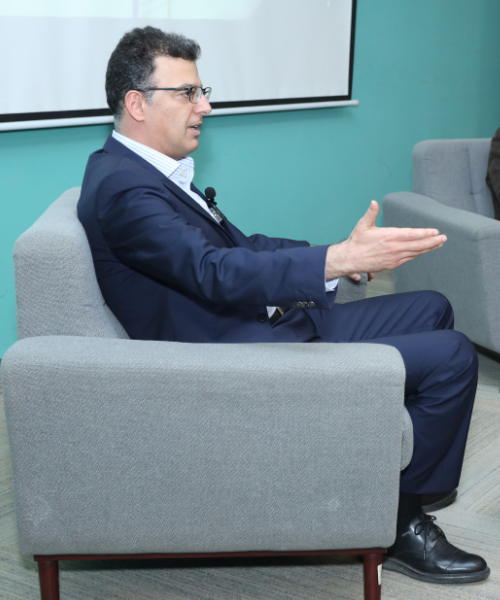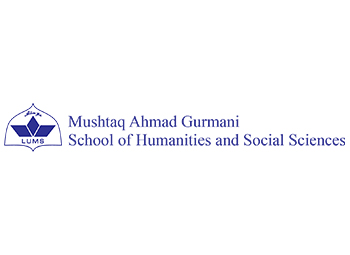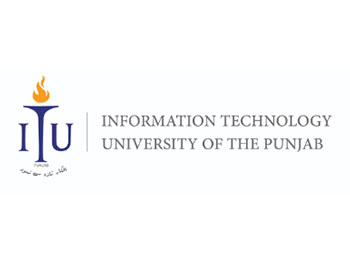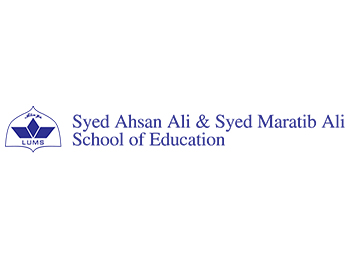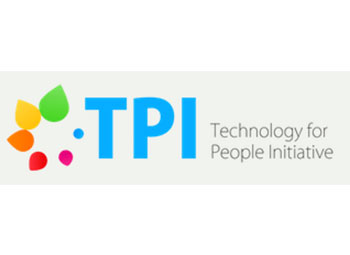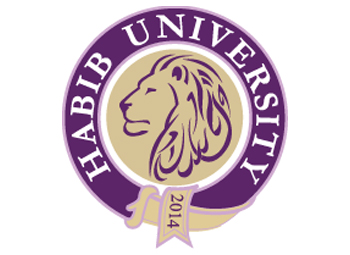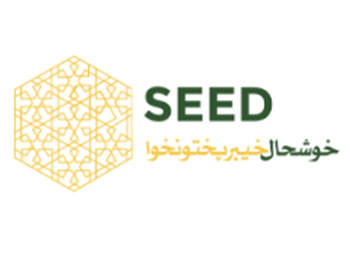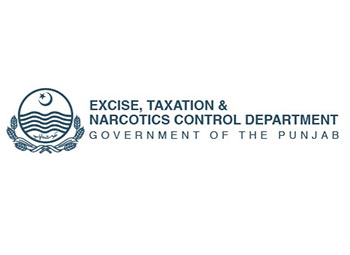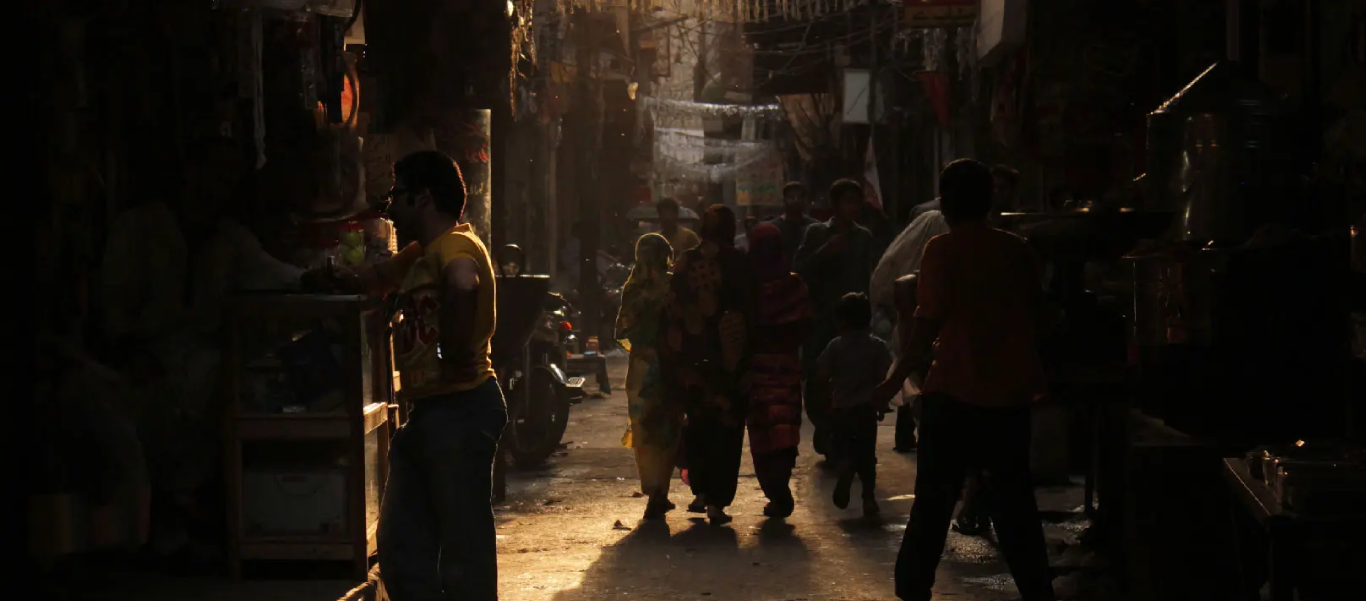
54.3% of Pakistan’s population remains disconnected from the internet, the third highest in the world (Digital 2024: Global Overview Report)
According to UNFPA, Pakistan’s maternal mortality rate has risen to 186 per 100,000 live births.
More than 12.4 million Pakistanis have moved abroad for employment in over 50 countries through official procedures, as of December 2022.
More than 96 percent of Pakistani registered workers for overseas employment are in Gulf Cooperation Council countries, especially Saudi Arabia and the United Arab Emirates.
Between 1992 and 2021, according to the World Bank Group, climate- and weather-related disasters in Pakistan resulted in a total of US$29.3 billion of economic losses from damage to property, crops, and livestock, equivalent to 11.1% of 2020 GDP (World Bank).
Pakistan ranks among the top 10 countries worldwide most affected by climate change and natural disasters (World Bank).
In Pakistan, 43.7% of under-five children are stunted (UNICEF).
16 million people in Pakistan don’t have access to clean water close to home (WaterAid Pakistan).
More than a third of children in Pakistan are stunted.
What's Happening at MHRC
Publications
Collaborations
MHRC's collaborative efforts extend across sectors, bridging the gap between academia and practical implementation.
View AllMahbub ul Haq Research Centre at LUMS
Postal Address
LUMS
Sector U, DHA
Lahore Cantt, 54792, Pakistan
Office Hours
Mon. to Fri., 8:30 a.m. to 5:00 p.m.

